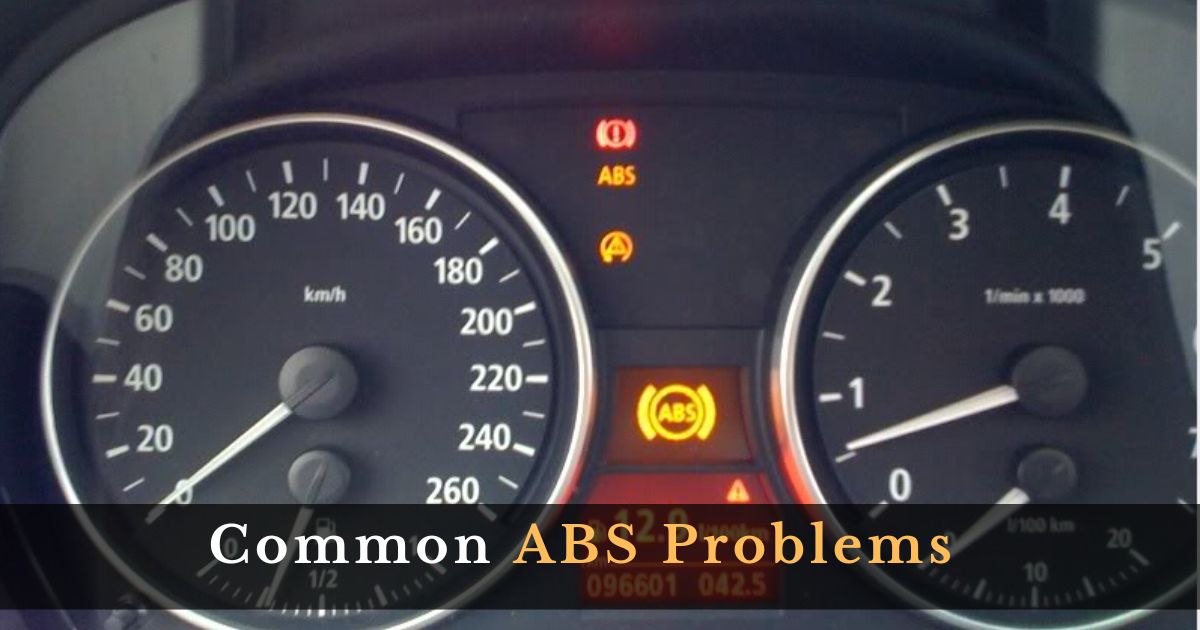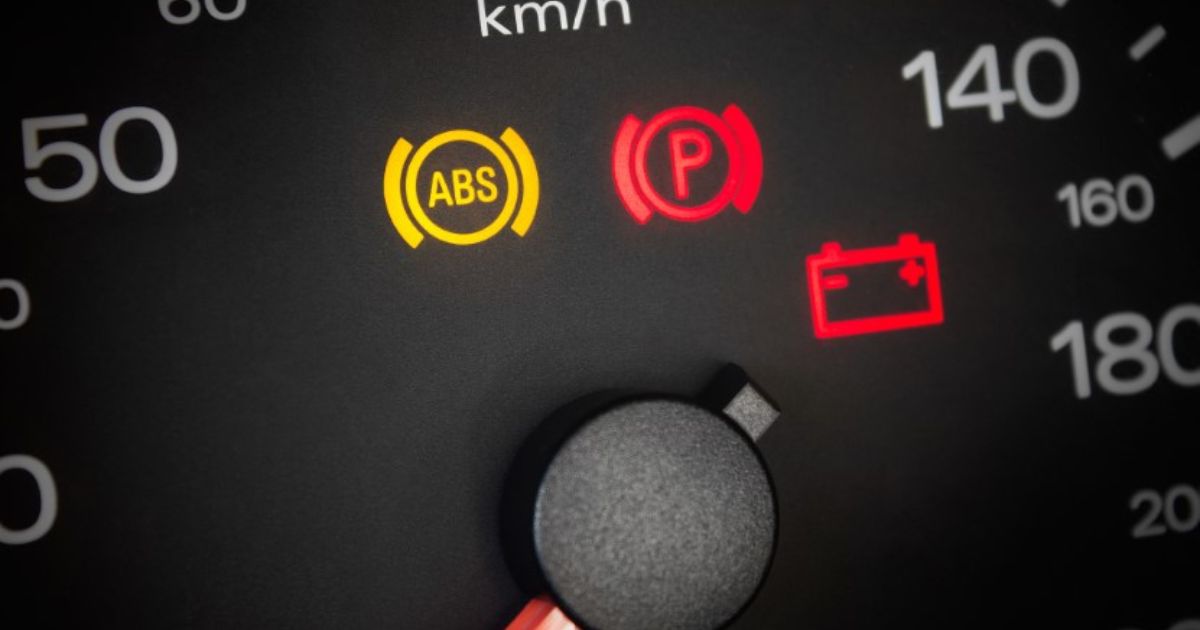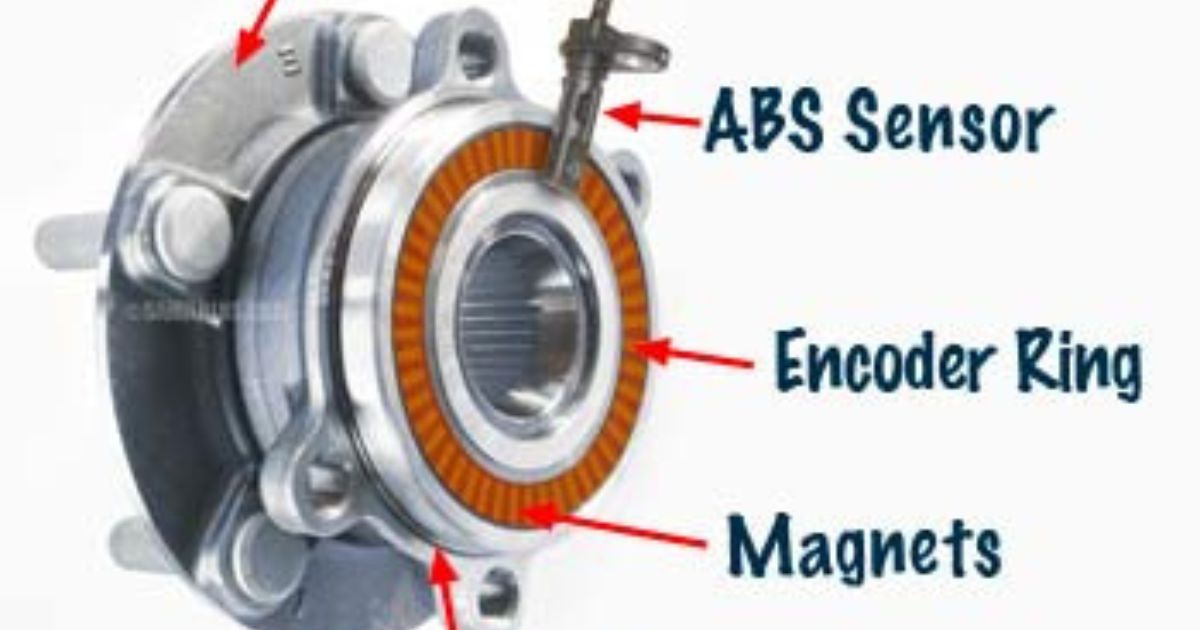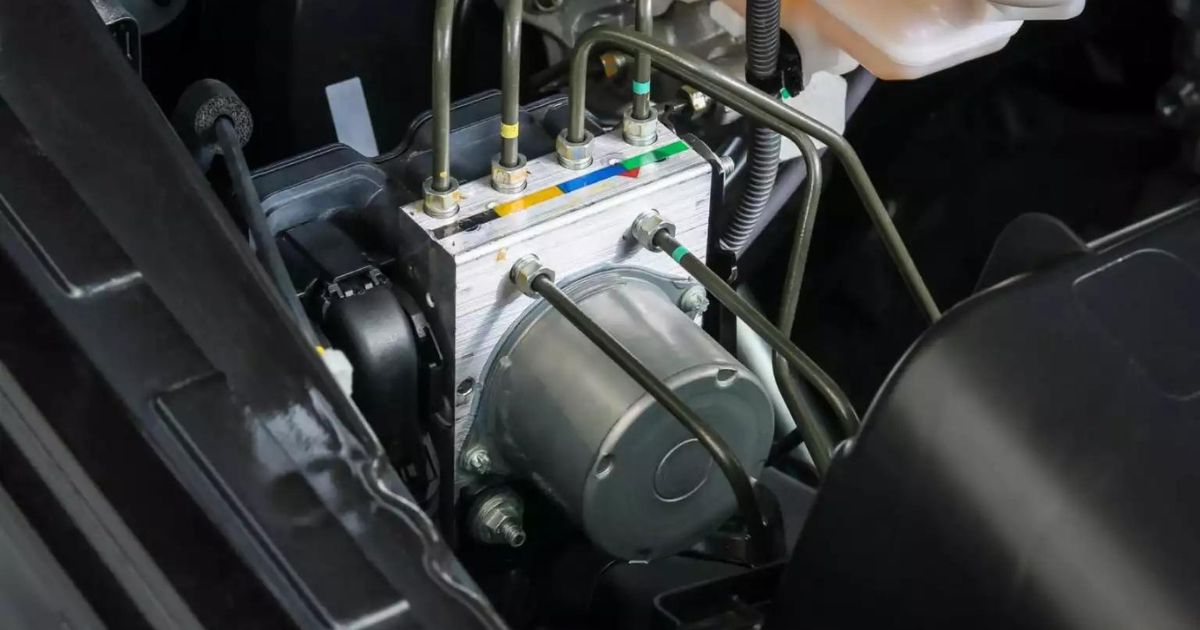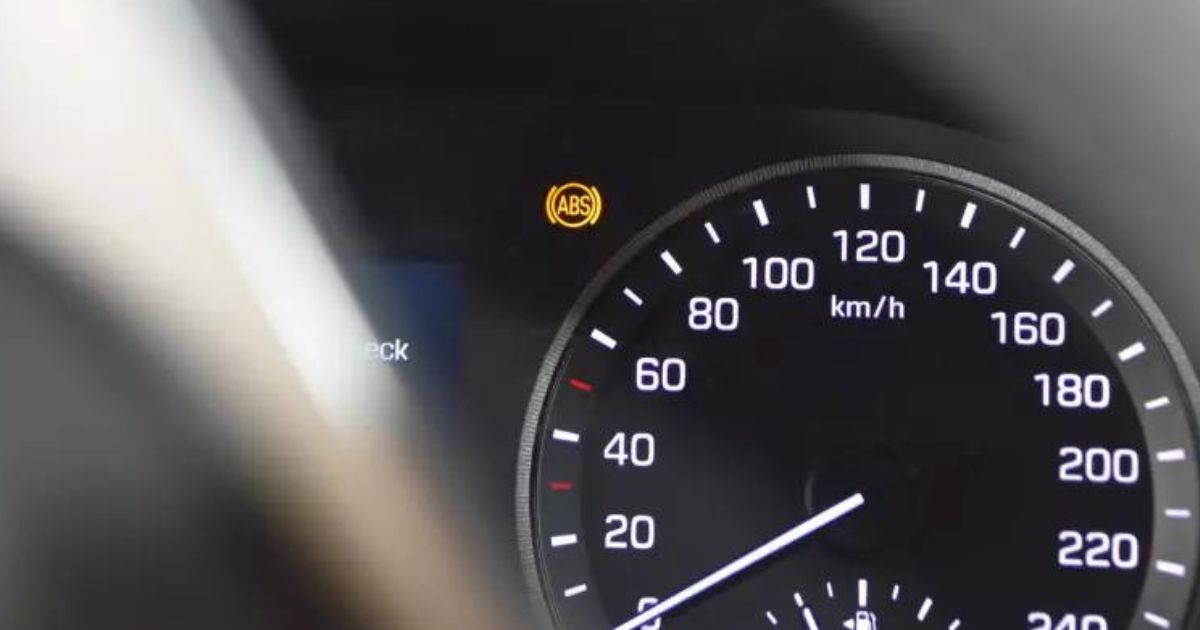Common ABS problems, Anti-lock Braking Systems (ABS) are essential for vehicle safety, helping prevent wheel lock-up during hard braking and ensuring better control. However, like any other system in a car, ABS can encounter issues. Understanding common ABS problems can help you identify and address them promptly, ensuring your vehicle remains safe on the road.
Common ABS Problems
Introduction
Ever noticed that little ABS light pop up on your dashboard and wondered what it means? You’re not alone. Anti-lock Braking Systems (ABS) are crucial for vehicle safety, preventing the wheels from locking up during braking and helping maintain control. But like all systems, ABS can sometimes run into issues. Let’s dive into the common ABS problems and how to handle them.
How ABS Works
ABS, or Anti-lock Braking System, is designed to keep your vehicle’s wheels from locking up and skidding during a hard brake. It works by rapidly pulsing the brake pressure to each wheel. The main components include sensors on each wheel, a hydraulic pump, valves, and an electronic control unit (ECU).
| Problem | Description | Details |
| Malfunctioning ABS Sensor | This is the most common ABS problem. |
Sensors located near each wheel can become dirty with debris, road grime, or metal shavings. This disrupts the sensor’s ability to accurately measure wheel speed, leading to ABS malfunction.
|
| Faulty ABS Wiring | Damage to the wiring that connects the sensors to the ABS control module can disrupt communication and cause system failure. |
Corroded wires, loose connections, or rodent chewing can all damage the wiring harness.
|
| Low Brake Fluid Level | The ABS system relies on sufficient brake fluid pressure to function properly. |
A low brake fluid level can indicate a leak in the system or worn brake pads. In either case, the ABS may not engage properly.
|
| Contaminated Brake Fluid | Over time, brake fluid can absorb moisture from the air. This moisture can lead to corrosion within the ABS system and reduce its effectiveness. |
Brake fluid changes are recommended every 2-3 years, depending on driving conditions.
|
| Faulty ABS Control Module | The ABS control module is the brain of the system, processing sensor data and controlling hydraulic pressure. |
While less common than sensor issues, a malfunctioning control module can lead to complete ABS failure.
|
Common ABS Problems
ABS issues can be frustrating and potentially dangerous. Here are some of the most common problems you might encounter:
Warning Light Issues
Sensor Malfunctions
Hydraulic Pump Issues
Solenoid Valve Problems
ABS Module Failure
Warning Light Issues
When your ABS warning light comes on, it’s your vehicle’s way of telling you there’s a problem. This could be due to a variety of issues, from a simple sensor glitch to a more serious ABS module failure. To diagnose the problem, you might need an OBD-II scanner to read the trouble codes stored in your vehicle’s computer.
Sensor Malfunctions
ABS relies on sensors at each wheel to monitor speed and prevent lock-up. Common causes of sensor failure include dirt and debris, damaged wiring, or faulty sensors. Symptoms of sensor issues can include the ABS warning light and irregular brake behavior.
Hydraulic Pump Issues
The hydraulic pump is crucial for maintaining brake pressure. If it fails, you might notice longer stopping distances or a hard brake pedal. Common causes include worn-out components or contamination in the brake fluid.
Solenoid Valve Problems
Solenoid valves in the ABS control the brake pressure to each wheel. If they malfunction, you might experience uneven braking or a spongy brake pedal. This is often due to electrical issues or debris clogging the valves.
ABS Module Failure
The ABS module is the brain of the system, coordinating the actions of the sensors and valves. When it fails, your ABS might not function correctly, and you could see the ABS warning light. Symptoms include loss of ABS functionality and sometimes issues with the overall braking system.
Diagnosing ABS Problems
To diagnose ABS problems, start by checking the ABS warning light. Use an OBD-II scanner to read error codes and identify the issue. Inspect sensors, wiring, and the hydraulic pump for visible damage or wear.
Fixing ABS Problems
Some ABS issues can be fixed at home, like cleaning sensors or replacing fuses. However, more serious problems, such as a faulty ABS module or hydraulic pump, typically require professional repairs. If you’re not confident in your car repair skills, it’s good to seek professional help.
Preventing ABS Issues
Regular maintenance is key to preventing ABS problems. Routine checks of the brake fluid, sensors, and wiring can help catch issues early. It’s also important to have your ABS inspected by a professional during regular vehicle maintenance.
Cost of ABS Repairs
ABS repair costs can vary widely depending on the issue. Simple sensor replacements might cost $100-$200, while more complex repairs like replacing the ABS module can run $500-$1500. Factors influencing cost include vehicle make and model, part prices, and labor rates.
ABS in Different Vehicle Types
ABS technology isn’t just for cars. Motorcycles and trucks also benefit from ABS, though the systems can vary. Motorcycles have more sensitive ABS due to their two-wheel nature, while trucks might have more robust systems to handle heavy loads.
The Future of ABS Technology
ABS technology continues to evolve, integrating with other safety systems like traction control and electronic stability control. Future advancements might include more intelligent systems that can adapt to different driving conditions automatically.
ABS is a vital safety feature in modern vehicles, but it’s not without its problems. Understanding common ABS issues and how to address them can keep you safer on the road. Regular maintenance and prompt repairs are key to ensuring your ABS works correctly when you need it most.
FAQs
What happens if I ignore the ABS warning light?
Ignoring the ABS warning light can lead to reduced braking efficiency and increased risk of skidding during hard stops. It’s good to diagnose and fix the problem as soon as possible.
Can I drive with a malfunctioning ABS?
While you can drive with a malfunctioning ABS, it’s not recommended. Your braking performance will be compromised, especially in emergency situations.
How often should I check my ABS?
Regular checks during your vehicle’s routine maintenance should be sufficient. However, if the ABS warning light comes on, check it immediately.
Is ABS repair covered by warranty?
ABS repair might be covered by your vehicle’s warranty, especially if it’s a manufacturer defect. Check with your warranty provider for specifics.
Can ABS be added to older vehicles?
Adding ABS to older vehicles is technically possible but often not practical due to cost and complexity. It’s usually more cost-effective to purchase a vehicle with factory-installed ABS.


